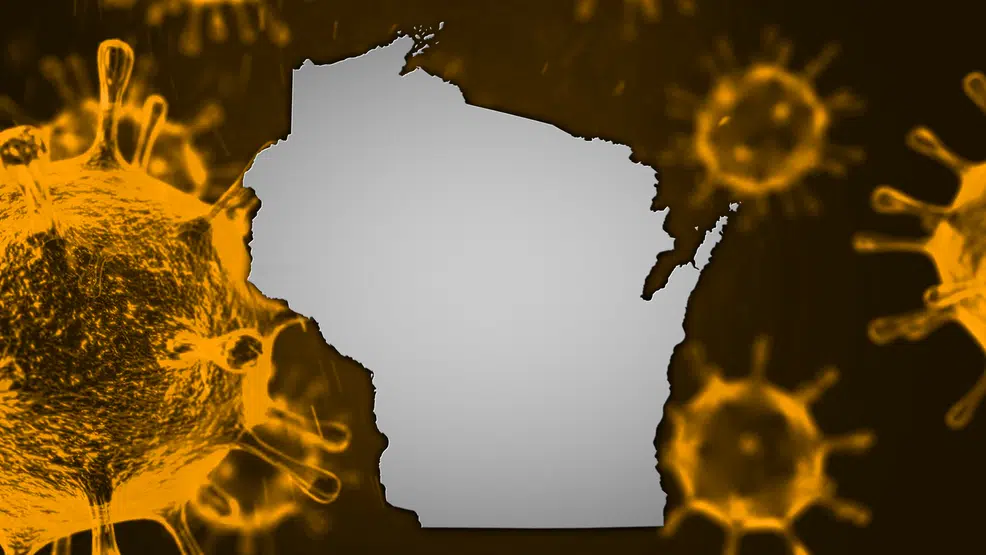MADISON, WI (WTAQ) – The Wisconsin Department of Health Services and laboratory partners are reporting that a variant strain of SARS-CoV-2, the virus that causes COVID-19, is in Wisconsin. Researchers say they identified the strain in the state on Tuesday.
The particular variant, referred to as B.1.1.7, was first discovered circulating widely in England during November and December of 2020. Based on epidemiologic and modeling studies, researchers believe the strain spreads more easily and rapidly than the original strain of the virus. However, there is no evidence that the strain leads to more severe illness or a higher risk of death.
“We already know that COVID-19 is easily transmitted through respiratory droplets, and with this new variant appearing to be even more infectious, taking preventative measures like wearing a mask and physically distancing are even more important,” said DHS Secretary-designee Andrea Palm.
DHS reports the strain was identified through ongoing surveillance and whole-genome sequencing, which has been a routine practice since the onset of the pandemic last year. All viruses, including the virus that causes COVID-19, change through mutation, and new variants of the virus are expected to occur over time.
“Mutations among viruses are very common. It’s not unusual – in fact, it’s expected. As time goes on in the pandemic and the virus continues to replicate on a large scale, the genetic sequence of the virus will change,” said Chief Medical Officer Dr. Ryan Westergaard.
Previous reports show that current vaccination efforts will defend against this new strain as well.
DHS says it works together regularly with the Wisconsin State Laboratory of Hygiene and other laboratory partners to ensure whole-genome sequencing is performed on a small proportion of tests collected. This routine analysis of genetic sequence data is what they say assisted in identifying the new variant strain in Wisconsin.
DHS says that molecular surveillance of SARS-CoV-2 will increase in importance to quickly identify and understand any potential new variants. The department reports that laboratory partners will continue to analyze genetic sequence data to stop the spread of COVID-19. With emerging mutations of SARS-CoV-2, and those that may be more infectious, they maintain that it is critically important to follow best public health practices, including wearing a mask, staying home, maintaining physical distance, and washing hands frequently.
For up-to-date information about Wisconsin’s COVID-19 response, visit the DHS COVID-19 webpage. We encourage you to follow @DHSWI on Facebook, Twitter, or dhs.wi on Instagram for more information on COVID-19.





